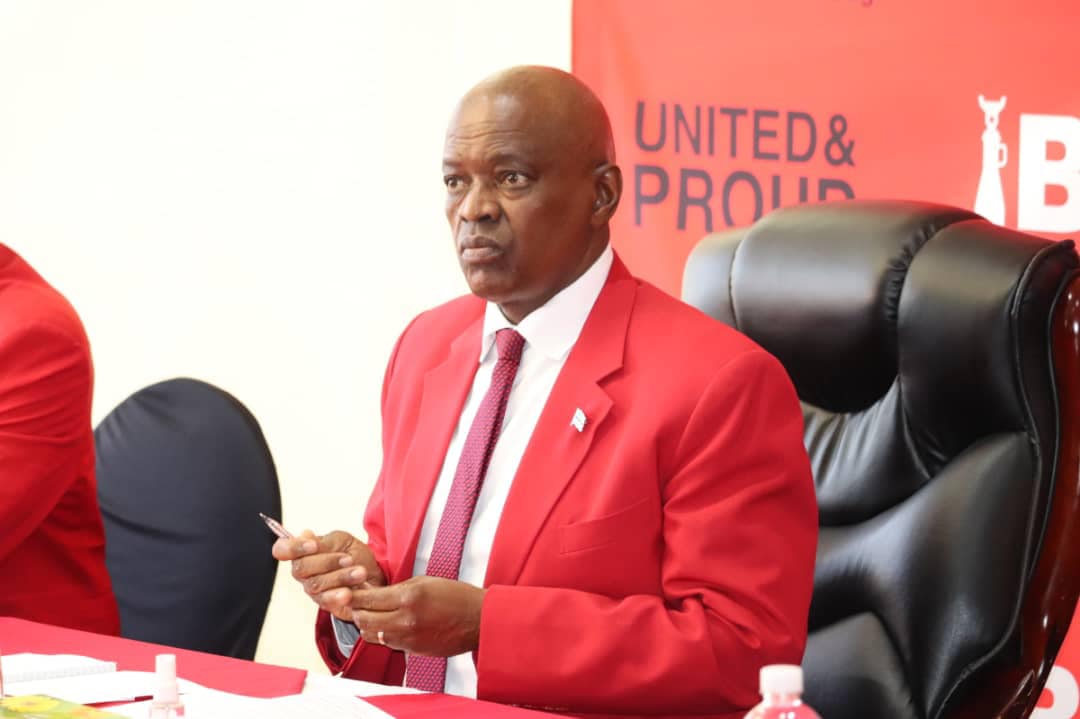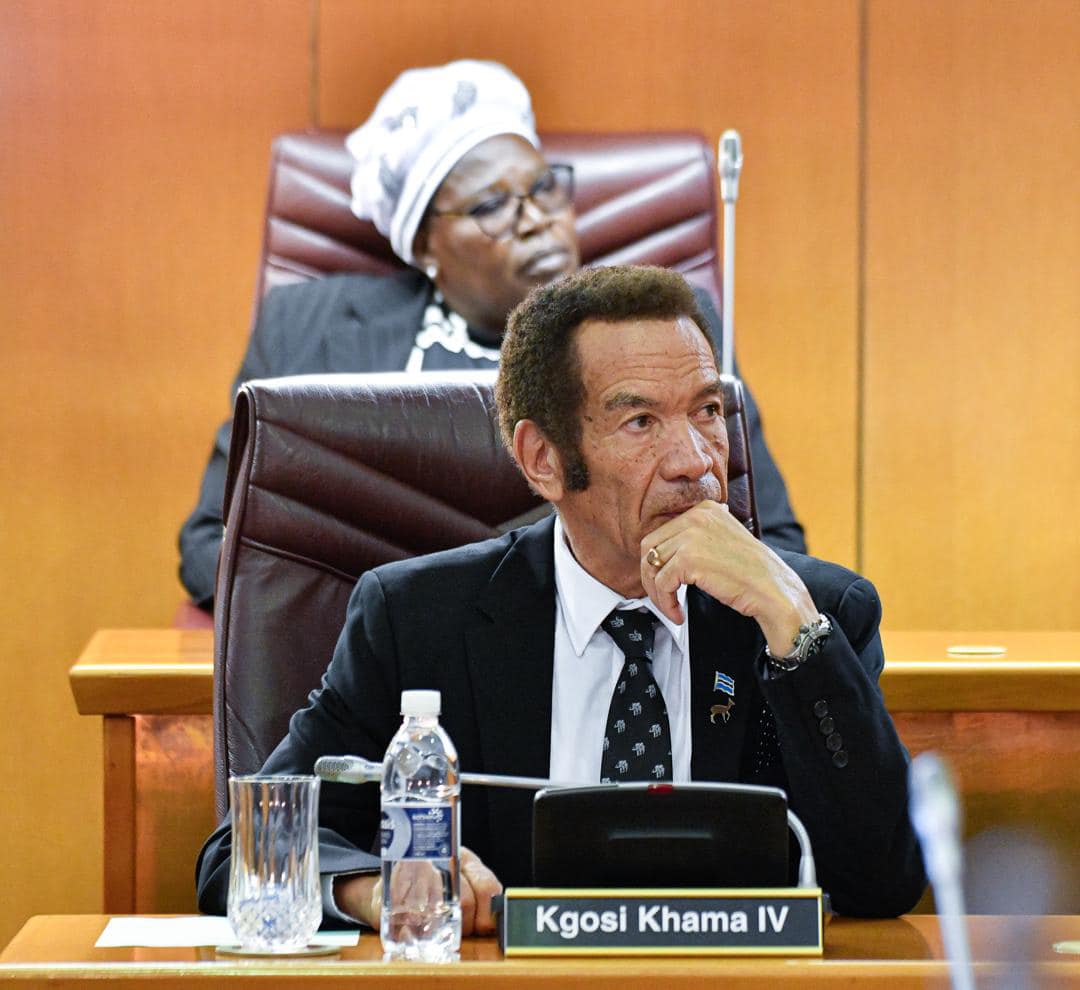Politics, at its core, is a delicate dance between politicians and voters, an intricate game of promises, power, and influence. However, in Botswana, politicians often halt this dance abruptly after elections, creating a clear and concerning divide between them and the very people they are meant to serve. The relationship between politicians and voters in Botswana has increasingly been one of disappointment, disillusionment, and distrust. While the art of politics is meant to serve the common good, politicians often turn it into an exercise in self-interest, betrayal, and neglect of the people’s needs after elections.
The Interaction and the Promises Made During Campaigns
During elections, politicians in Botswana are known for their enthusiastic promises. They pledge a better future for the people through their political manifestos, which talk about an improved economy, job creation, enhanced infrastructure, and better education and healthcare. The promises are often grandiose, well-articulated, and designed to appeal to the aspirations of the voters. It is during this time that politicians are seen as the people’s champions, ready to deliver on every need and demand.
Batswana politicians even go the extra mile in promising voters, especially those who are politically illiterate in rural areas. Where these politicians fail to convince or feel voters don’t give them the needed attention, they resort to buying votes through activities in which money and other incentives are given to voters. The political illiteracy in Botswana has led politicians to come up with unreasonable and impractical manifestos, which most of the time don’t reflect the current situation. It is evident that these manifestos are not practical due to the rise in unemployment, poor education, and unbalanced development.
Over the years, the Botswana Democratic Party (BDP) has used a political strategy of giving false promises to voters, taking advantage of political illiteracy. BDP candidates would target rural area voters, as they were easier to convince using such promises. BDP politicians would issue out money months before elections as a way of buying votes, and the strategy worked. Such political strategies are just meant to gain power without any agenda of what one would do while in government, and protect the interests of those who were once exposed for misusing government funds. That strategy of politician-to-voter interaction, which involves providing more written promises than practical action, was seen in the 2024 elections, where the Umbrella for Democratic Change (UDC) used it to trick voters, especially those under 40 years, to vote for them. For the past three months, the majority of what they said has not been implemented.
It is now a norm that Batswana politicians only give promises and visit voters during election periods. The failure of Batswana politicians will eventually lead voters to lose trust in them. Politicians in Botswana don’t preach ideology or a new Botswana that we eagerly hope to see; rather, they only interact with voters to steal their votes during election time. Those lucky enough to be in power use the kgotla system to justify their actions, further tricking voters. Such systems have led our politicians to specialize in talking rather than implementation. The fact that all of our politicians become comfortable with this system is troubling—it doesn’t provide enough accountability and favors politicians in power. It is high time that the government introduces new accountability approaches to voters and strict candidate selection and verification processes.
The Post-Election Disconnect and What Led to It
Once the elections are over and politicians have secured their positions, the promises made during campaigns seem to fade into the background. Politicians, who once vigorously campaigned for voters’ support, often abandon the electorate in favor of maintaining power and advancing personal or party agendas. The immediate focus shifts to governance, and the needs of the people who helped them get into office are quickly sidelined.
Many politicians in Botswana fall into a pattern of neglecting their electoral promises post-election. They often become consumed by the trappings of power, developing an “us vs. them” mentality where voters become mere afterthoughts. The relationship turns from one of mutual trust and respect into one where the politician sees themselves as the decision-maker, no longer accountable to the people who entrusted them with their votes.
On key areas where citizens need change, politicians usually prioritize their own interests, further widening the gap between them and the voters. Because of the power they hold, they do this through politically motivated appointments that don’t serve the public interest. For example, the replacement of former Finance Minister Matsheka with Ms. Serame, as reported by The Patriot on 16 February 2022, was seen as a move by former President Masisi to protect his interests. Other politicians have used their offices to fight personal battles, affecting productivity in the public sector. This was evident in the previous regime, where the Commissioners of the Botswana Police Service and the Prison Service were dismissed amid the Khama guns scandal, and changes were made to senior government officials simply because they had once worked with Khama. Other key factors, such as productivity, were ignored.
The ruling government’s requirement of excessive loyalty from public officers affects productivity in the public sector. Our public institutions no longer operate based on principles but instead serve to satisfy the ego of the ruling leader. This leads to an unfocused government that spends more time chasing political rivals than fulfilling promises made to citizens. In the past regime under Masisi, work was not done as the administration focused on Khama, neglecting the citizen’s will, which is to provide a decent living.
“Masisi was fighting a good fight with the Khamas, but in the wrong way.”


One of the most critical consequences of this shift is the erosion of trust between voters and politicians. In the years following an election, many voters begin to feel betrayed, realizing that the promises made during the campaign were little more than tactics to secure votes. The government, instead of responding to the people’s needs, often prioritizes the interests of elites, large corporations, or their party’s survival.
Many internal fights within the ruling party prove that our leaders are engaged in conflicts over matters unrelated to the people who elected them. For example, the case of former Minister Matsheka reflects internal conflict, which led to his resignation and, as a result, sabotaged the country’s economic development. This has escalated economic hardship for the citizens—the voters.
Government members’ submissions in Parliament are distressing. Former Minister Mokgethi and current UDC ministers have given uninspiring responses to key issues such as the living wage. Ministers’ answers to Parliamentary questions lack seriousness and commitment to improving the people’s standard of living.
“The people just demand a decent living, nothing else.”
This mistrust is especially evident when politicians seem more focused on staying in power than addressing pressing societal issues. In many cases, politicians avoid contact with their constituents after elections, only reappearing during the next campaign cycle. This reinforces the idea that their primary interest is their own political career rather than the voters’ well-being. This has led to many politicians losing primary elections, especially in Tati West Constituency over the last ten years.
The disconnect has led to voter apathy in Botswana. In 2022, a Democracy Research Project (DRP) by the University of Botswana submitted a report to the IEC, stating:
“A weak relationship between the political representatives and electorates. The results indicate that 67.1%, 80.5%, 82.0% and 76.4% of respondents stated that they never contacted a local government councilor, a Member of Parliament, a political party official, or a traditional leader, respectively, during the past five years. Only 13% of respondents stated that they often contacted a local government councilor during the past five years. It is, therefore, clear that there is a weak relationship and disconnect between the respondents and local government councilors, Members of Parliament, political party officials, and traditional leaders. This calls for the closing of the chasm, as these four are the link between the community and the government. All four are domiciled in the community and are, therefore, readily reachable. On its part, though, the community must make use of these offices/officers.”
One of the core issues voters face in Botswana is the lack of accountability from elected officials. While elections are meant to be a time to choose representatives who will uphold public interests, too often, politicians fail to take responsibility for their actions, decisions, and policies. When problems arise, whether related to corruption, mismanagement, or policy failure, politicians tend to deflect blame rather than take ownership.
This lack of accountability is compounded by a culture of patronage and clientelism in Botswana’s political system. Politicians often use state resources to reward loyalists and supporters, further distancing themselves from the ordinary voter. In this way, elections become a means of securing power and access to resources, rather than a mechanism for real change. As a result, politicians campaign not because they want to help the people, but because they desire power, hence the absence of a positive relationship with the electorate post-election.
The Plight of the Voters
In contrast, the voters are left to deal with the consequences of broken promises, a lack of tangible development, and growing frustration with the political system. Many voters in Botswana feel trapped in a cycle of hope followed by disappointment. They are promised jobs, better healthcare, and improved infrastructure, but after elections, these promises are rarely fulfilled.
Furthermore, the political apathy that sets in after elections exacerbates the problem. When voters are repeatedly let down, many disengage from the political process altogether. This weakens the democratic system, making it easier for politicians to act with impunity and without fear of repercussions.
The Call for Change
“Change to us is not just a dream but a generational mission.”
It is clear that the art of politics in Botswana is in dire need of reform. Politicians must reconnect with the electorate and restore the trust that has been eroded over time. The relationship between voters and politicians cannot be one of short-term exploitation followed by long-term neglect.
True democracy requires constant engagement and accountability.
Politicians must be reminded that they serve the people, not their own interests. They must be held accountable for the promises they make, and the electorate should not accept broken promises as the norm. Only through genuine efforts to address the real issues facing the people can politicians hope to rebuild the trust that has been shattered.
The art of politics should be about service to the people, not manipulation for personal gain. The people of Botswana deserve more than empty promises and neglect after the election. They deserve politicians who are committed to their well-being, not just during election season, but throughout their time in office. Until this shift occurs, the art of politics will continue to be an exercise in disappointment, leaving voters disillusioned and yearning for change.
Discover more from The Legal Editorial Daily News
Subscribe to get the latest posts sent to your email.














Leave a comment